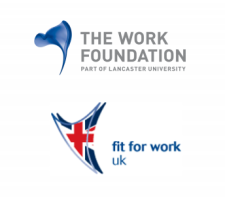September 24, 2014
Flexible working celebrated, as Top Employers for Working Families revealed
 Deloitte, KPMG and Barclays are among the companies recognised for their work-life balance policies in the annual list of the Top Employers for Working Families. The Top Employers for Working Families Benchmark is designed to encourage employers to focus on their flexible working and work-life integration practices, and how they measure up against other organisations. Brand Learning, CiC Employee Assistance and Digital Mums were included in an alternative benchmark provided to smaller organisations to help them evaluate and develop their own work-life thinking. The top scoring employers were named by work-life balance group Working Families as part of series of events to mark National Work-Life Week, which today features ‘Go home on time day.’ This is held to help encourage people to leave their workplace on time and help redress the thirty five per cent of parents who – in a poll by Working Families, said that their work affects their home life in a negative way. More →
Deloitte, KPMG and Barclays are among the companies recognised for their work-life balance policies in the annual list of the Top Employers for Working Families. The Top Employers for Working Families Benchmark is designed to encourage employers to focus on their flexible working and work-life integration practices, and how they measure up against other organisations. Brand Learning, CiC Employee Assistance and Digital Mums were included in an alternative benchmark provided to smaller organisations to help them evaluate and develop their own work-life thinking. The top scoring employers were named by work-life balance group Working Families as part of series of events to mark National Work-Life Week, which today features ‘Go home on time day.’ This is held to help encourage people to leave their workplace on time and help redress the thirty five per cent of parents who – in a poll by Working Families, said that their work affects their home life in a negative way. More →


































September 16, 2014
The culture of presenteeism is not all just fun and games
by Mark Eltringham • Comment, Flexible working, Workplace, Workplace design
More →